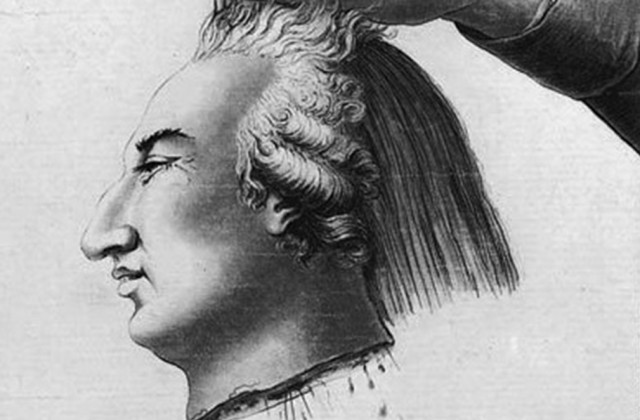12 January 2018

As a history teacher at Durham Johnston it is always obvious that you have returned to school in January when, walking along the corridors, vigilant but thinking of tea, you are accosted by inquisitive 6th form students.
“Excuse me sir, how many economics ministers did Louis XVI have between 1774 and 1789?”
And, “Sir, in class the source that we used claimed that Louis XVI was welcomed by the people of Paris on 17th July 1789, but I read today that he was jeered by the mob. Which is accurate?”
This desire for more detailed knowledge is a common feature of school life in January as our older students gear up for mock exams.
January is a month that provokes this type of questioning; students look back at what they have achieved and consider what might be significant in the coming year. This is a normal part of adult life, but is something that young people develop gradually. In a world in which information can be immediately accessed and then forgotten, we encourage our students to believe that the patient acquisition of knowledge is important, essential even, to their development and success. For many of our older students this is something that they become increasingly aware of in January, as the academic year moves towards exams. As my inquisitive 6th formers would know, January probably provoked a period of questioning for Louis XVI too; he was publically guillotined on 21st January 1793.

I taught the French Revolution to year 12 students on my first day as a newly qualified teacher at Durham Johnston in September 1997. On Monday morning I discussed the key causes of the Revolution with my year 12 class, but this time as acting Headteacher. I am very proud to have been given that responsibility and will work hard to maintain the school’s high standards until Dr Wardle returns. In simple terms, if increasing numbers of students feel motivated enough to engage in discussion with their teachers in the year ahead, then the school will continue to do well.
